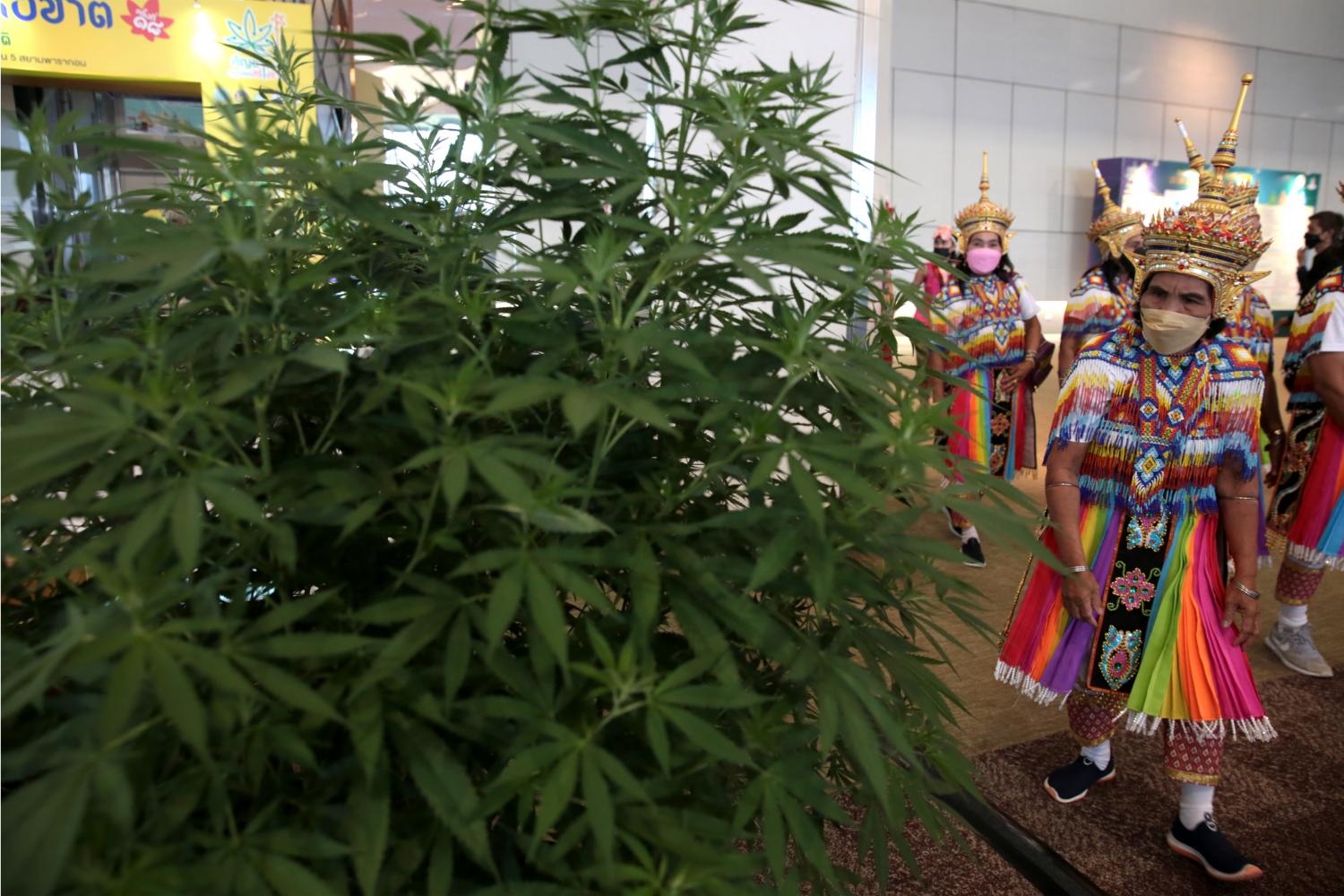
The government has grown ever larger over the past decade. The fact would be hailed as positive news if the affairs of governance were a private enterprise.
But government is not a for-profit company. It works for the good of the entire population, and that makes the fact of growth worrying.
Large bureaucracy breeds inefficiency, restricts freedom and hampers creativity.
A larger government requires more agencies and personnel, which translates into a heavier burden on taxpayers.
And when the heads of agencies and departments change, often the case in any administration, the new bosses usually want to establish their credentials by initiating new projects, putting their own stamp on continuing ones or discarding projects initiated by predecessors.
New projects demand more budget and people. A department head might have a single deputy in the past. Now he (usually it's a he) needs two or three deputies and a few more advisers as well.
Every new person and position needs to be justified with putatively meaningful work in the form of new projects. And the circle goes round and round.
And when these officials retire, they continue to be a burden on the taxpayers by way of pension entitlements.
Meanwhile, laws governing each bureaucratic unit define its boundaries and the responsibilities of people working in it. These boundaries often present obstacles to the private sector, thus inhibiting economic growth.
Inadvertently or not, the boundaries create a fiefdom-like structure within the government.
Each unit looks to protect its own area of responsibility to the detriment of intra-government cooperation and communication.
The recent uproar over the new narcotics law illustrates the point. Objections came after narcotics officials arrested a person for growing two marijuana plants. The arrest was made even though a new narcotics law was passed in December last year that removed cannabis from the list of illegal drugs.
A senior member of the Bhumjaithai Party insisted that the arrest was illegitimate. Drug control officials, however, begged to differ, saying in a Public Health Ministry announcement the plant remains on the list of prohibited substances, making it illegal to possess.
The confusion apparently occurred owing to a lack of coordination and communication between concerned authorities.
Similar confusion arose in various other instances. Guidelines from various authorities regarding vaccination were often conflicting or confusing at best.
Similarly, the case for banning hazardous farm chemicals a year ago arose as officials in the Industry and Agriculture ministries tussled over different laws under their respective responsibilities.
The phenomenon of big government as described above exemplifies what two prominent government insiders said at a recent Leadership Talk Series forum organised by the Thailand National Defence College.
One of the speakers, former Bank of Thailand (BoT) governor Veerathai Santiprabhob, warned that our current form of government is incompatible with a rapidly changing world.
The traditional ways of doing things in such a bureaucracy is no longer tenable in an age when uncertainties make any long-term prediction nearly impossible.
Citing his former agency, he said it was normal for the BoT to have long-term plans. "But now anything over three years is just unpredictable," Mr Veerathai said.
A big government with centralised power is out of step with the world, he declared.
The world today comprises networks whereby countries form connections to share benefits, rather than try to centralise activities within a single country by becoming a hub of this or that.
He said Thailand lacks those who can properly assess the country's limitations so as to prioritise development projects initiated by various agencies.
A smaller government, moreover, will focus on activities that are really important and not waste time on those with low added value.
"If we let our bureaucracy keep growing, it will impose severe fiscal burdens on the country in the future," the ex-BoT governor warned.
Meanwhile, Pakorn Nilprapunt, secretary-general of the Office of the Council of State, minced no words in saying that a bloated bureaucracy and the traditional way that it works is a major challenge for the state.
Rigid, strictly controlled systems emphasise regulation to the extent of over-regulation while the world has gone the other way toward deregulation, self-regulation and open government, he says.
Bureaucratic tendencies to demand a new law to govern every new activity are a lost cause. Laws, he says, restrict freedom and, in the process, hamper creativity and innovation.
That is why development plans from state agencies rarely contain new ideas; most are copy-and-paste from old plans, Mr Pakorn says.
Much of what the two gentlemen have said sounds like a refrain of an old song. Unfortunately, there has been no indication that it will be replaced by some new verses soon.
Basically a military-controlled government, the current Prayut Chan-o-cha regime has no reason to change.
They came to power by force without legitimate popular support, and the bureaucracy is their most trusted support base.
The regime has sent its men to infiltrate practically all government organs to ensure its grip on power for a long time to come.
Their "strategic plan" for the country is to last 20 years while the world spins around them.
One could only hope that a new general election will be held soon and offer some light at the end of the tunnel.
Wasant Techawongtham is a former news editor for the Bangkok Post.
